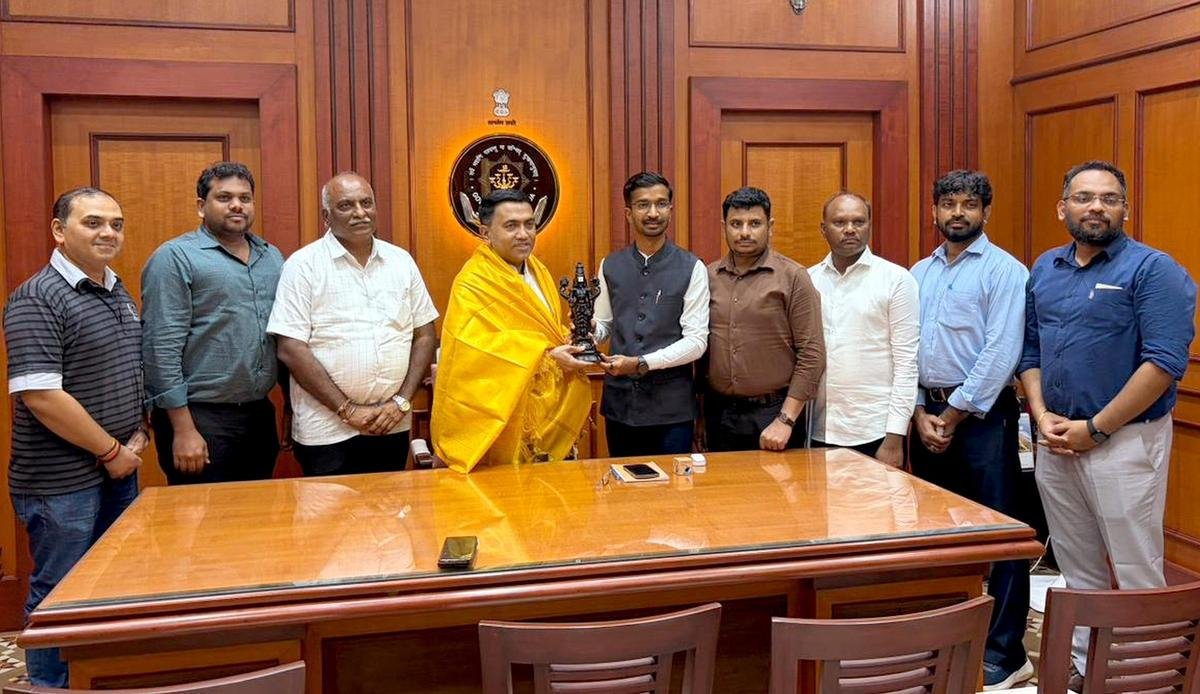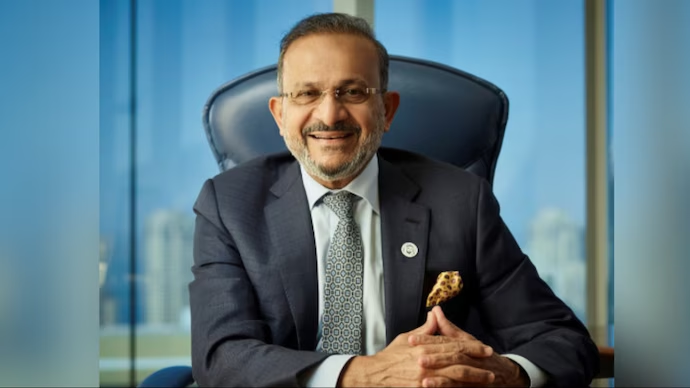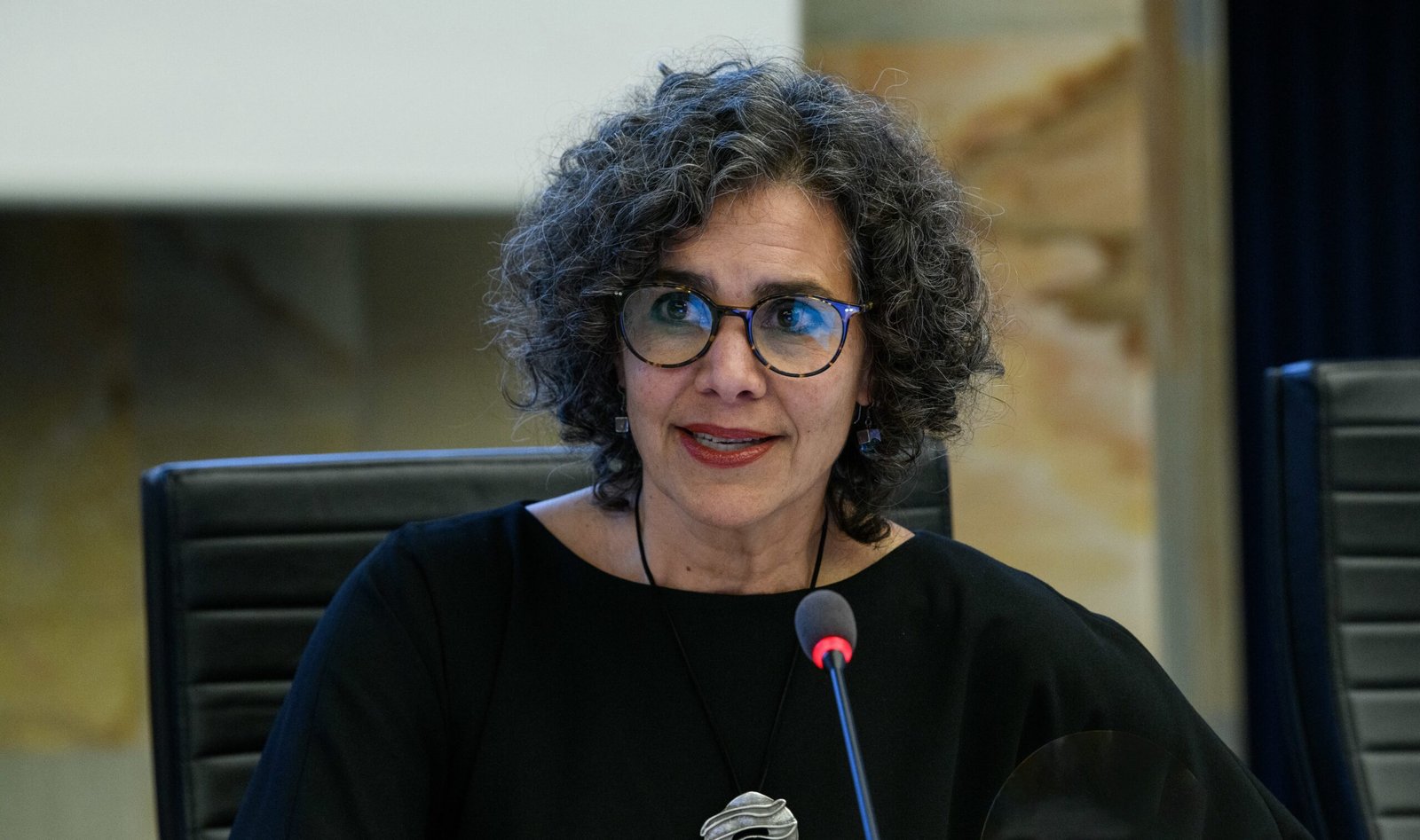Surrogacy agencies based in the USA are experiencing a surge in demand from Indian clients who are, due to the stringent Indian laws, now considering the U.S. not only for surrogacy services but also for the prospect of securing US citizenship for their offspring
In response to India’s newly implemented surrogacy regulations in 2022, which impose restrictions on potential parents including singles, widows, and those seeking sex selection, the affluent strata of Indian society are now turning their attention to the United States to fulfill their aspirations of expanding their families. This trend draws parallels with a similar pattern observed among wealthy Chinese individuals who pursued American surrogacy options for both family expansion and the benefits of U.S. citizenship, as reported by EINPresswire.com.
Surrogacy agencies based in the USA are experiencing a surge in demand from Indian clients who are, due to the stringent Indian laws, now considering the U.S. not only for surrogacy services but also for the prospect of securing U.S. citizenship for their offspring. This strategic choice gains further appeal due to the potential for their children to sponsor green cards for their parents once they reach 21 years of age, aided by the new work permit laws implemented in the USA in June 2023.
In fact, some Immigration lawyers believe that these new work permit laws could potentially expedite this process. By entering the USA on a Tourist Visa, claiming financial hardship to support the child, and with skilled Immigration Counsel, Indian nationals might be able to obtain an immediate work permit followed by a Green Card within a couple of years.
While exact figures of Indians seeking U.S. surrogacy are not available, the escalating demand has led to U.S. fertility clinics and surrogacy agencies adapting their services to cater to the preferences and requirements of Indian clients.
Surrogacy4All, based in New York, and its sister agency, Indian Egg Donors, previously focused on a growing interest from China. Now, they have noted a steady increase in inquiries from India. Deepak Gulati, the president of the agency, mentioned, “Over the past year, we have observed a significant rise in serious discussions with Indian families. We anticipate this trend to continue, especially given the recent changes in India’s surrogacy laws.”
However, pursuing surrogacy in the United States comes with a substantial financial investment, making it a viable option mainly for the affluent. The comprehensive process, encompassing medical procedures, legal fees, and surrogate compensation, can range between $150,000 to $200,000 or more.
Until the regulatory shifts in 2015, India had been a favored destination for international intended parents seeking cost-effective surrogacy services. With the Indian elite now seeking alternatives abroad, U.S. agencies are navigating the complexities of serving this new clientele while considering cultural and logistical nuances.
Notably, one appealing aspect for Indian parents, beyond the potential for U.S. citizenship, is the high standard of medical care available in the United States. Coupled with advanced fertility treatments, this makes the U.S. an attractive choice for many prospective parents.
Unlike the commercial orientation of surrogacy in India, U.S. agencies prioritize and emphasize personal relationships between surrogates and intended parents. This shift is an adjustment that many Indian families are making and appreciating.
Interestingly, some agencies even market surrogacy as a more economical alternative to the U.S. EB-5 visa, which requires a minimum investment of $800,000 in a job-creating business to obtain a Green Card.
Similar to their Chinese counterparts, many Indian parents keep the method of their child’s birth through surrogacy discreet, sometimes going so far as to mimic signs of pregnancy.
In line with their Chinese counterparts, Indians also value the ability to shape their child’s genetic makeup. Many opt for genetic screenings to eliminate inherited conditions and show a growing interest in egg and sperm donation, often with a preference for specific genetic traits. U.S. agencies, equipped with advanced IVF technologies, are well-equipped to facilitate this approach to “designer babies.”
However, the motivations and challenges differ between India and China. While Chinese parents sought to circumvent the one-child policy in their country, Indian parents are primarily exploring alternatives due to surrogacy restrictions and their desire for U.S. citizenship benefits, as well as the opportunity for sex selection – a practice banned in India.
A growing number of pregnant Indian women are traveling to the U.S. to give birth and secure U.S. citizenship for their children. This practice is becoming increasingly common, often with minimal publicity as they stay with friends and relatives. This trend has even inspired a popular romantic comedy movie, “Finding Mr. Right.” Dr. Pooja Patel noted that most Indian clients express a strong preference for U.S. citizenship for their babies, while other agencies cited a desire to provide their children with a U.S. education.
In line with their Chinese counterparts, Indians also value the ability to shape their child’s genetic makeup. Many opt for genetic screenings to eliminate inherited conditions and show a growing interest in egg and sperm donation, often with a preference for specific genetic traits. U.S. agencies, equipped with advanced IVF technologies, are well-equipped to facilitate this approach to “designer babies.”
Moreover, a growing number of Indian intended parents are open to egg donation, often seeking ethnically Indian egg donors, some of whom possess Ivy League degrees. Some even express a preference for taller, Eurasian children. Reeta Rehman, a case coordinator at Indian Egg Donors, revealed that a significant portion of their clients are Indian and are interested in taller, bi-racial donors, as they believe these children will be more intelligent and attractive.
It’s worth noting that while surrogacy practices are changing rapidly, countries like the United States, with advanced medical infrastructure and favorable citizenship policies, are emerging as the preferred choice for affluent international intended parents.
As these dynamics continue to evolve, it remains imperative for surrogacy agencies to remain adaptable and sensitive to the diverse needs and preferences of their clientele.
*******************************************************
Readers
These are extraordinary times. All of us have to rely on high-impact, trustworthy journalism. And this is especially true of the Indian Diaspora. Members of the Indian community overseas cannot be fed with inaccurate news.
Pravasi Samwad is a venture that has no shareholders. It is the result of an impassioned initiative of a handful of Indian journalists spread around the world. We have taken the small step forward with the pledge to provide news with accuracy, free from political and commercial influence. Our aim is to keep you, our readers, informed about developments at ‘home’ and across the world that affect you.
Please help us to keep our journalism independent and free.
In these difficult times, to run a news website requires finances. While every contribution, big or small, will makes a difference, we request our readers to put us in touch with advertisers worldwide. It will be a great help.
For more information: pravasisamwad00@gmail.com










